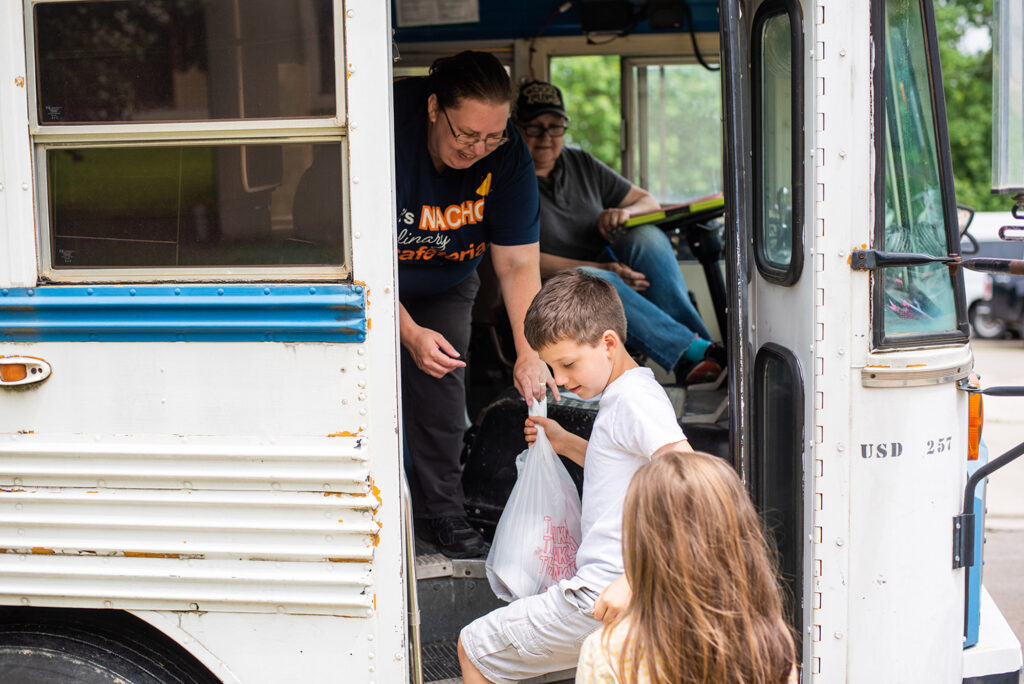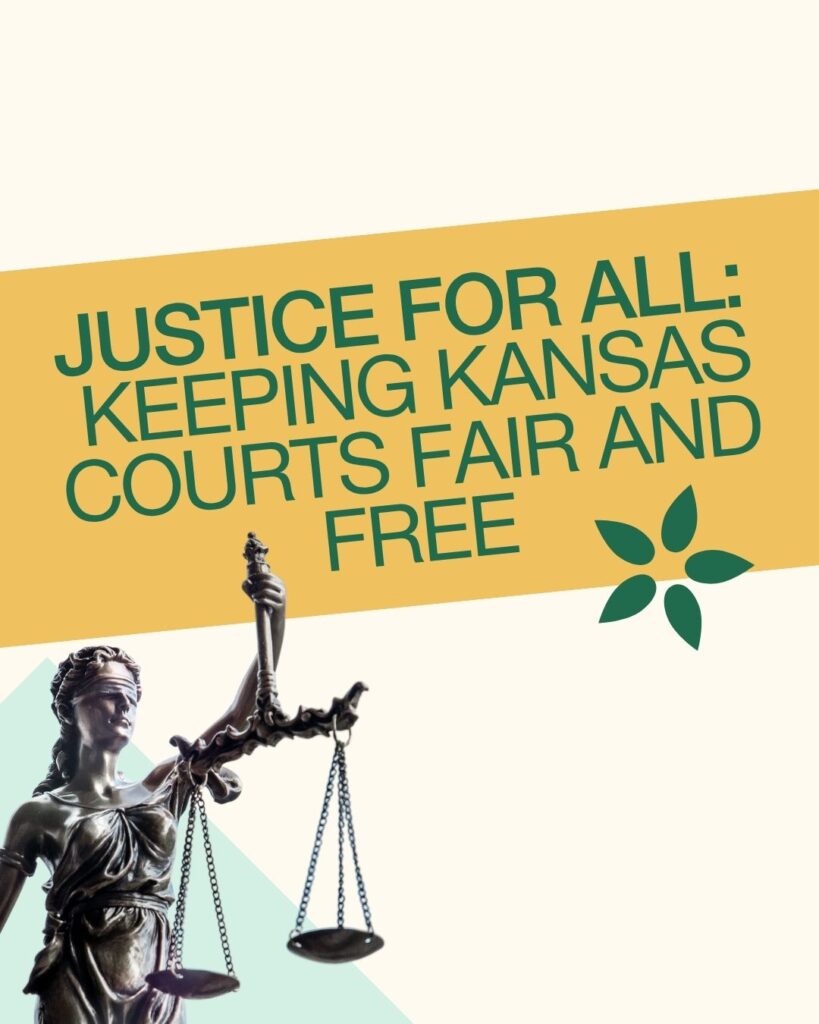
In pursuing a more effective youth justice system in Kansas, we must critically examine the State of Kansas’s current practices. We know that overwhelming research shows us that detention and correctional facilities used as a primary response for youth delinquency not only produce poor outcomes but also come at a high cost for our taxpayers. And Kansas has recognized that, working to dramatically reduce the number of kids in carceral settings since 2016. Despite not impacting what happens to children who commit the most serious, some stakeholders feel the reduction in the use of incarceration has left them with fewer options. On one hand, that’s a good thing because we know sending kids to jail doesn’t effectively change their behavior, nor does it positively impact their life trajectory. But on the other hand, this is a very bad thing. An effective youth justice system does not lack an array of options for dealing with dangerous or problematic behaviors from our young people.
The heart of resolving this discrepancy is investing in that array of options – when communities around the state feel they have options for handling negative youth behaviors, the last resort, catch-all of “lock them up,” remains a true last resort. But that will take a very serious and intentional effort from the legislature to make funds available and dedicate them to the kinds of programs lacking in Kansas communities. The $12-$14 million that is spent annually now is not enough, especially when you understand that statewide contracts eat up a bulk of that for only a few important services, as well as data infrastructure and other programs that only indirectly benefit the kids we are aiming to impact.
Kansas would be wise to use some of the budget surplus to invest in community-based programs that help change the behavior of children who are engaged in negative behaviors. Mental health and substance abuse programs are desperately needed across the state, but alone, they are not enough. Crisis intervention centers and mobile first responders are great ideas that need continued funding for full implementation, but more is needed.
We have to think proactively and long-term about positive behaviors and how we inject those into the lives of struggling youth. Programs that give children stability show them hope exists, demonstrating kindness, understanding, forgiveness, and love. These can be mentoring programs explicitly, assigning a stable adult to help kids navigate the obstacles in their lives, or they can be activity-based sports; martial arts, and boxing are all outlets that can build confidence, and peer relationships and create mentorship opportunities. Art, poetry, and music are other areas shown to do the same. Even community service — conducted in a way that collaborates with young people to address issues in their communities- can create opportunities for young people to feel empowered, and hopeful, and be in contact with community leaders who also care about bettering their environment.
But this doesn’t mean we simply eliminate the youth justice system and tell local programs to deal with the kids in their communities. Supervised probation is part of this equation as well. And here, too, we can continue to improve the effectiveness of the service delivered to our Kansas taxpayers. Probation should not be the “bad guys,” always searching for a mistake from a kid and then punishing them – whether by throwing them in jail or extending their time on supervision. We must work strategically to create probation practices that focus on connecting youth with opportunities and positive influences that support their long-term success, rather than trying only to coerce short-term behavior change through monitoring compliance.
We’ve come a long way and are blessed in Kansas to have numerous stakeholders that truly get it – they understand that our youth justice system ought to be a system of positive interventions that help youth with unmet needs and personal or family struggles to achieve stability and find hope. Kansas kids should emerge from justice involvement better than before so they can live lives free of crime and delinquency and be successful and happy adults who can pursue and achieve their dreams.

